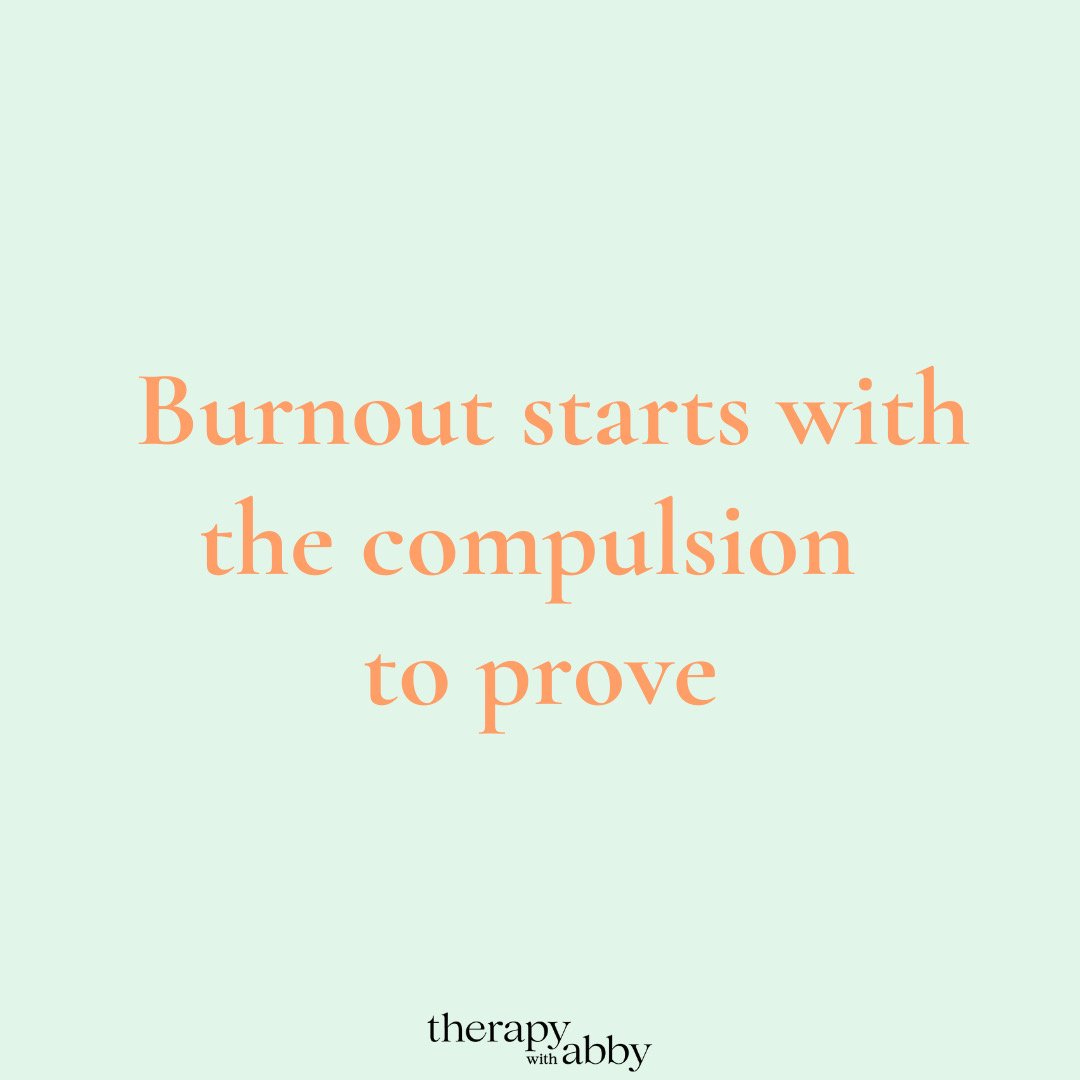How Self-Doubt Leads to Burnout
Illustration by Janice Chang
There are many external factors that contribute to burnout (toxic work cultures, an overwhelming workload and always-on technology), but our individual psychological patterns can also play a role.
Self-doubt is part of the human experience, but most of us allow far too much of it into our lives. And for those of us who experience imposter syndrome, self-doubt can lead to some unhealthy coping strategies that line us up for chronic stress and burnout.
The unhealthy coping strategies associated with imposter syndrome tend to fall into two categories: ‘Over-Functioning’ and ‘Under-Functioning’ (with many people flip-flopping between the two)
Over-Functioning
When we feel like a ‘fraud’ or a ‘fake’, we tend to imagine that everyone else is more capable and intelligent than us. This can lead us to do more than is necessary and more than is healthy in order to ‘prove ourselves’
Over-functioning behaviours that might lead to burnout include:
Volunteering for extra work so that your boss doesn’t think you’re slacking off
Answering calls at all hours to ‘prove yourself’
Obsessively checking things because you’re terrified of making even small mistakes
Over-preparing to avoid even constructive criticism or feedback
Under-Functioning
When we have a fear of failure, we can get so overwhelmed that we can become paralysed by obstacles in front of us. This can lead to avoiding and procrastinating, which creates a scenario where we fall further behind, then have to work late to catch up.
Under-functioning behaviours that might lead to burnout include:
Avoiding tasks that are out of your comfort zone (then having to work late to catch up)
Struggling to ask for help because you fear looking incompetent
Not speaking up when something doesn’t work for your schedule
Forgetting to take breaks because you’re so paralysed by the fear of failure.
If you found yourself nodding along to this, then you might be interested in joining my digital programme, Reclaiming You.
⠀⠀⠀⠀⠀⠀⠀⠀⠀
Reclaiming You is a step-by-step guide that will transform how you live and work through a series of video talks, exercises, journal prompts and mind-body tools.
It’s the only digital course of its kind that not only shows you how to work through self-doubt – but how to regulate your nervous system so that you can reduce anxiety and finally live and work with balance and integrity.
⠀⠀⠀⠀⠀⠀⠀⠀⠀
To enroll in Reclaiming You today and receive a special early-bird offer head click here


